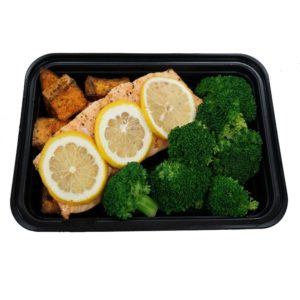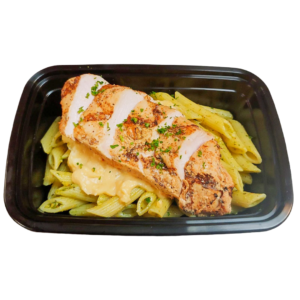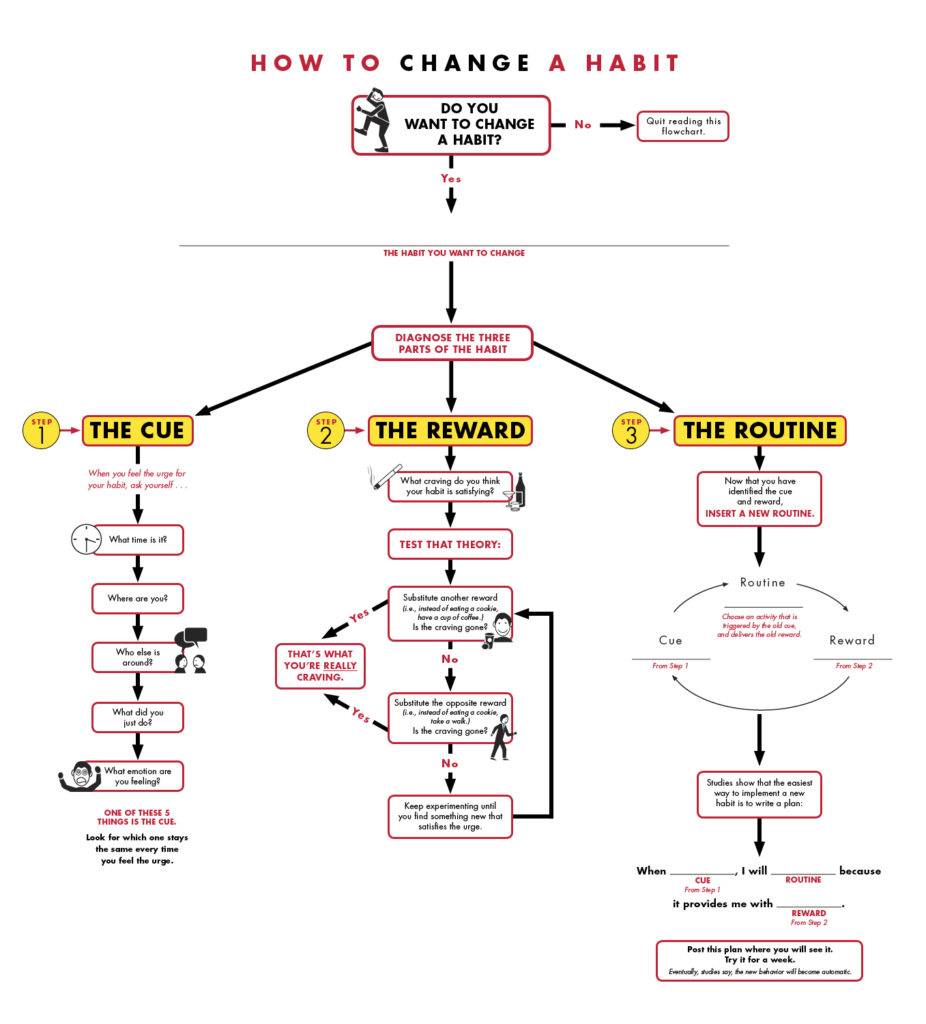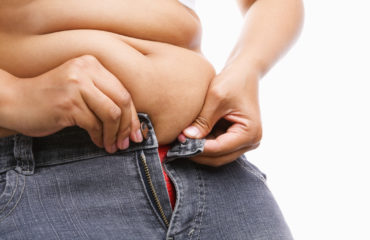The Power of Forming Habits.
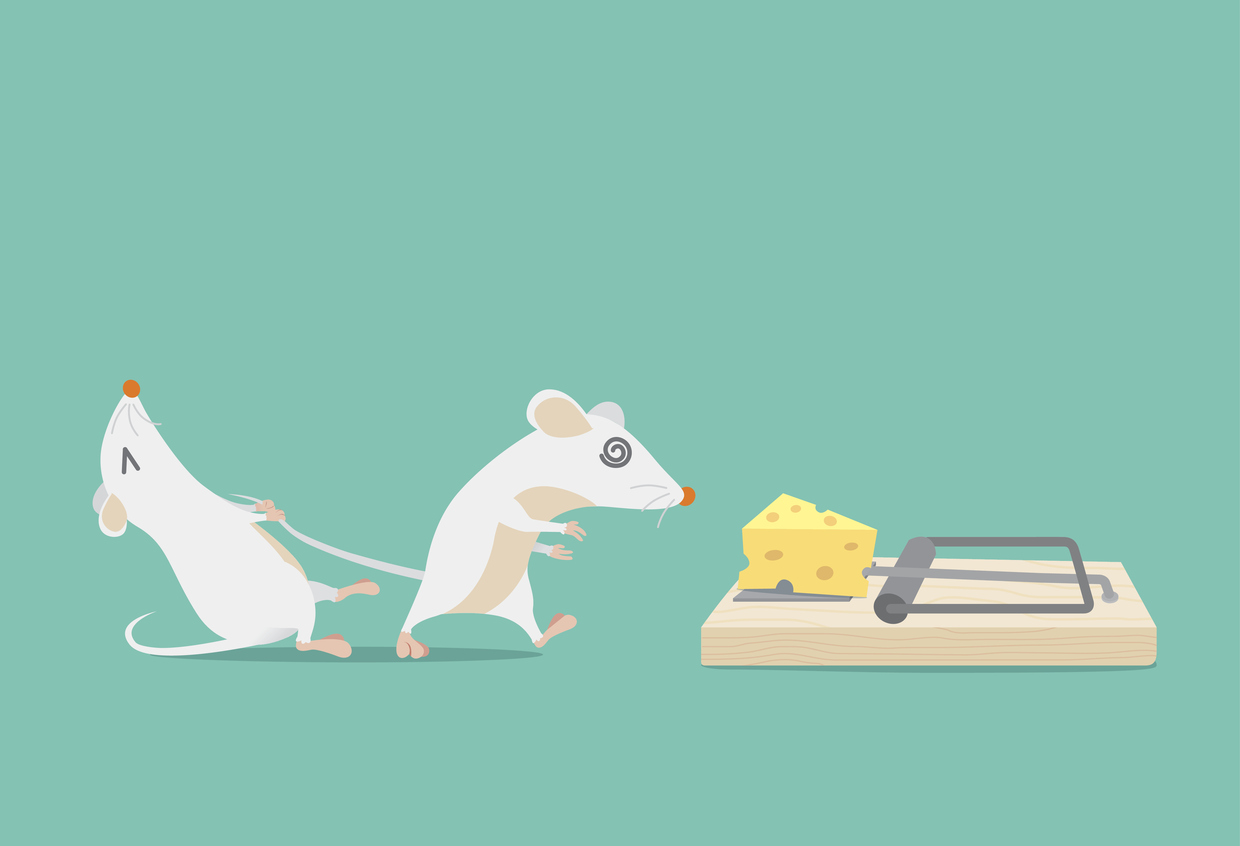
Habits are the driving force behind achieving long lasting success in all aspects of your life, and the only way to efficiently utilize the power of habit is to truly understand how habits are formed. Habits can also be the driving force behind destructive lifestyles, as well as an ill desired quality of life. Powerful habits can put your success on autopilot.
Here are the 3 steps you need to understand about habits and how they are formed:
- Cue. A trigger that tells your brain to go into automatic mode, and which routine to use.
- Routine. Physical, mental, or emotional behavior that follows the cue.
- Reward. A positive stimulus that tells your brain that the routine works well, and is worth remembering.
In order to control and change a habit it’s important to understand how habits work. By figuring out the cues and rewards involved in a habit, we can change the routine.
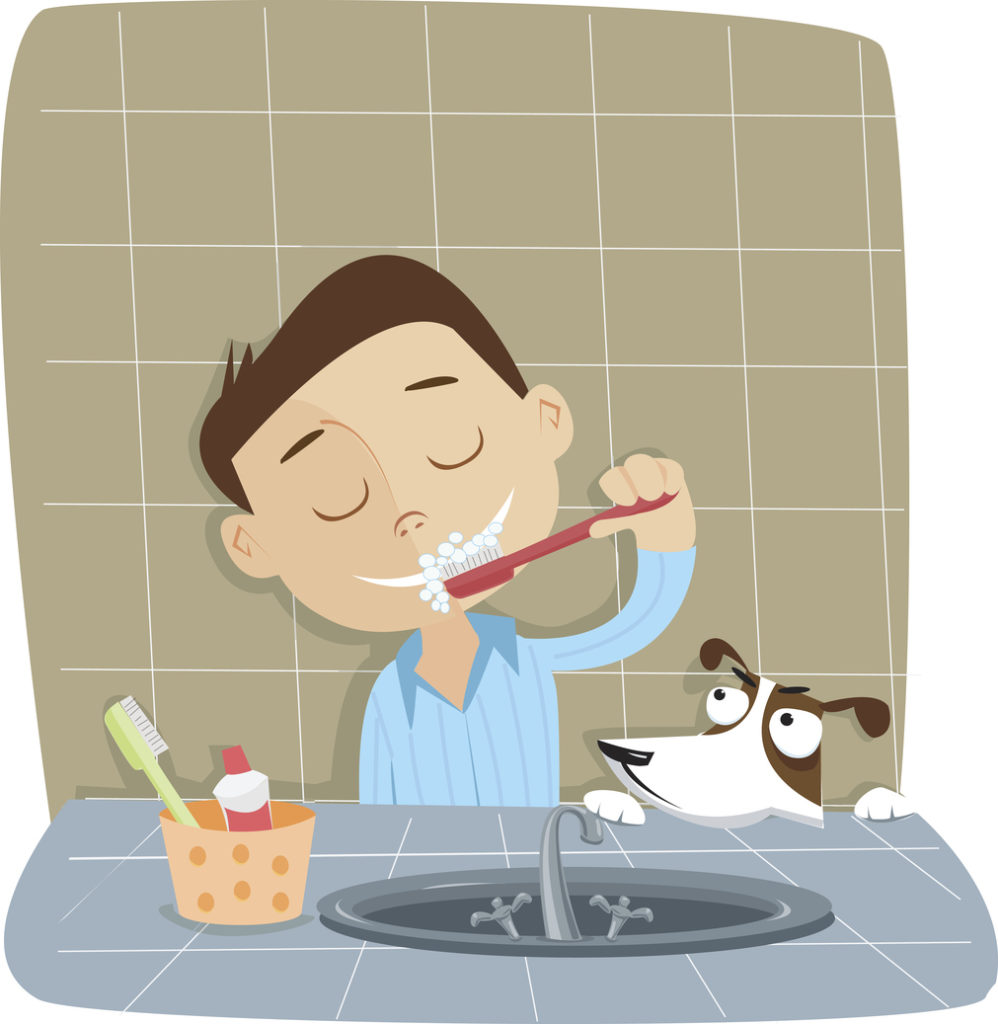
Creating the Tooth Brushing Habit.
An example of forming a habit is the toothpaste industry. Early in the 20th century most of the population in North America did not make habit of brushing their teeth. The situation was so bad that the government declared poor dental hygiene a national security risk.
Claude Hopkins the legendary advertiser convinced an entire nation to start brushing its teeth with the power of habit. By using the laws of forming a habit, Claude connected toothpaste to a specific Cue. He would run advertisements that read “Just run your tongue across your teeth. You’ll feel a film – this film, is what makes your teeth look ‘off color’ and invites decay.” This cue was followed by pictures of beautiful white smiles, which was the reward. Once people connected the cue (dingy film) to the reward beautiful white teeth, a habit was formed by creating routine of brushing teeth.

Forming a new Routine
The golden rule of habit change is to insert a new routine into the process with the same cue and the same reward. An example of this is Alcoholics Anonymous. AA works by inserting a new routine into the cue/reward system by identifying what need the alcohol is fulfilling (escape, relaxation, companionship, anxiety relief, etc.) and providing a similar type of relief through the AA group.
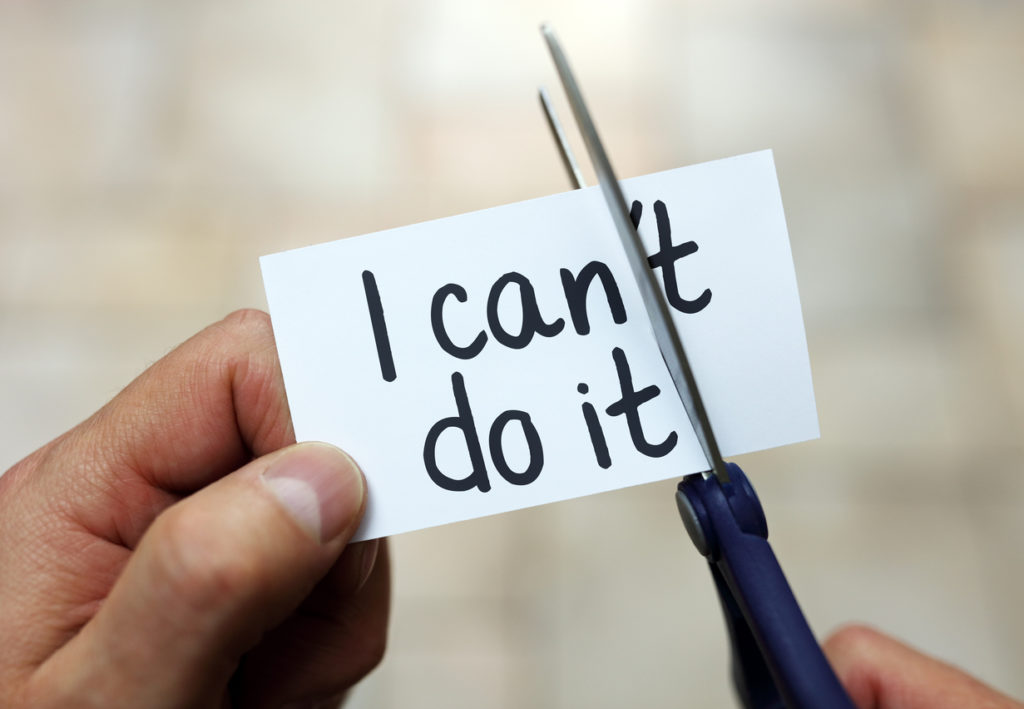
Small Wins
Another key component to changing a habit is establishing a “small win”, which then sets life changing patterns into motion. A 2009 weight loss study established a “small win” to be keeping daily food logs, which made it easier for participants to identify patterns, which made them want to eat better and pre-plan their meals, which in turn led them to lose twice as much weight as the other group of participants that didn’t log their food.

Willpower
Willpower is an essential ingredient for success. To efficiently use willpower to your advantage, it needs to be understood that we all have a limited supply of willpower that drains throughout the day, and it is to be used sparingly.
For example, last night you decided to make healthier life styles choices, you wake up open the fridge and see your roommate’s leftover pizza, since your willpower is at its strongest in the morning you resist, which takes a little from the reserve of willpower you have for the day, you then get into work at lunch someone buys doughnuts for the whole office, you say no again and it takes a bit more from your reserve of willpower. At the end of the day you get home and your roommates throwing another pizza party, by now your willpower is at its weakest so you give in. That’s why it’s important not to waste your willpower in the morning on tedious, unimportant tasks (social media, emails etc) and focus on a morning routine based off of habits you have formed which do not drain any willpower.
The key isn’t to rely on your willpower always. The key is to form powerful habits and routines, so that you can use your willpower when you need. Choosing behavior ahead of time, through habits and routines is why so many successful people have them. Plan a routine for when the temptations are the strongest. For example, pre plan your behavior for when your office has doughnuts, so when you’re faced with the decisions you don’t rely on your willpower to say no, saying no will happen out of habit without much thought, saving your willpower for other important decisions.
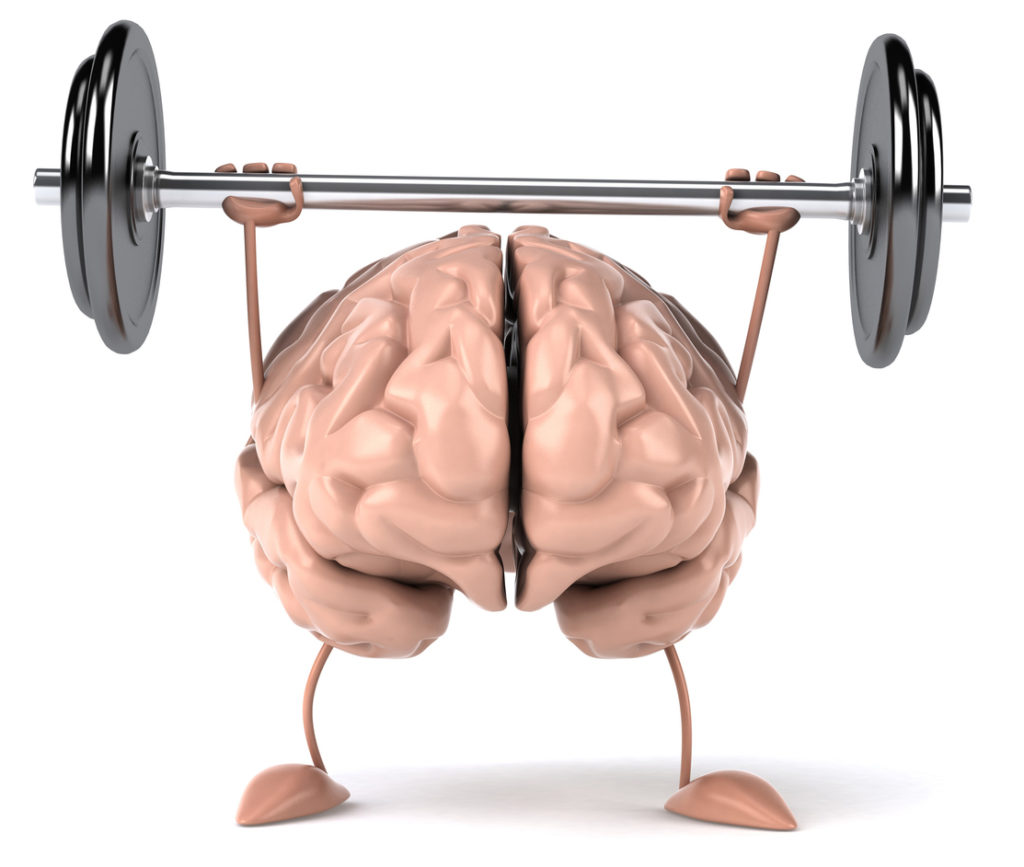
The power of Habit
Habits dictate nearly everything you do, and the true secret behind success is a handful of powerful habits.
“We are what we repeatedly do. Excellence, then, is not an act, but a habit” – Aristotle.
The more that you understand habits, the less importance you will assign to willpower. It is much more efficient to automate willpower and focus on developing a habit.
A Reader’s Guide to Using These Ideas
The Power of Habit books guide to changing habits:
1) Identify the Habit: Identify the behavior you want to change.
2) Find the Cue: When you find yourself about to begin a habit loop, find the cue that starts the habit.
3) Identify the Reward: Find out what craving, or reward the habit is satisfying.
3) Input a new Routine: Now that you know what the cue and reward are, insert a new routine. This new routine should complete the loop of reacting to the cue and delivering a powerful reward.
Conclusion
If you have a habit you’re serious about changing, keep track of it. Keep a log of the details and the action taken in reaction to the trigger. After a few repetitions, you’ll probably be able to see the pattern.
Once the routine, reward, and cue are recognized, it should be easy to design a different routine to replace the habit. Stay alert for the cue (or set an automatic alert if it’s time-based), and act out your pre-planned routine. If it works, you’ve confirmed that you found the right cue and reward, and the habit will then be easily moldable.
The Power of Habit: Why we do what we do in Life and Business
Reference: Duhigg, Charles (2012) The Power of Habit. Random House.



